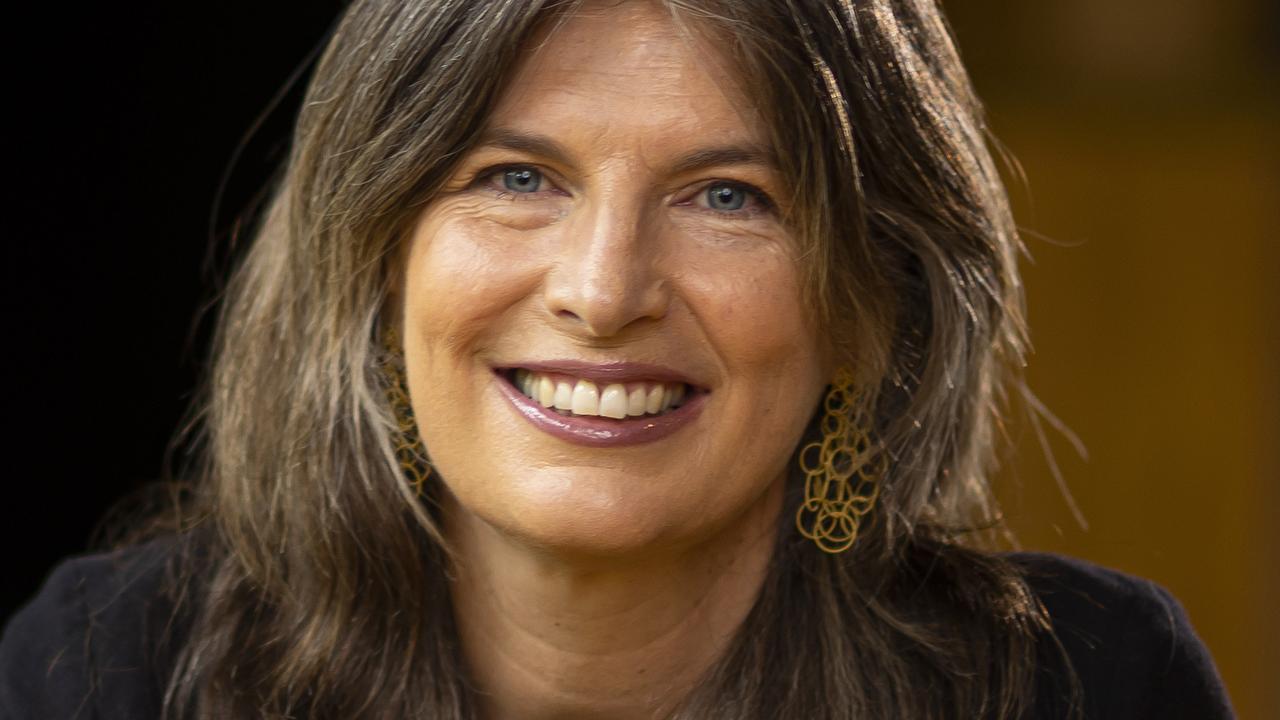How a Melbourne cafe owner created a multimillion dollar phenomenon
Melbourne cafe owners Abigail Forsyth and her brother Jamie were appalled by disposable coffee cups. So they launched a globe-spanning empire.
The co-founder of a hugely successful reusable coffee cup has revealed how she turned the small business into a multimillion-dollar empire, now selling the product in more than 2000 cafes and 75 countries.
KeepCup was dreamt up by Abigail Forsyth and her brother Jamie in 2009 when, as owners of Melbourne cafe Bluebag, they became increasingly appalled by the convenience-driven rise of disposable coffee cups made from virgin paper and coated inside in polyethylene to make them waterproof.
Most people she pitched the idea of a reusable cup to loved it and said “I want one”.
But there was one nonbeliever.
“He said, ‘This is just a plastic cup.’ The whole range was plastic at that point,” Ms Forsyth told NCA NewsWire.
“He goes, ‘There’s lots of people who have great ideas but they cannot sell them. If you can’t sell this off the prototype, don’t even bother.’
“We had a catering arm to our cafe so I called all the companies who we catered to, hundreds of companies, got through their catering person, their sustainability person … then got through the marketing person.
“And finally, I got an interview down at NAB at Docklands when they were doing that six-star green building.
“That was the sustainability team and I said, ‘You’re putting solar on the roof and you’re doing all these amazing things … but you’re still drinking out of a disposable cup … you need to address that.’”
The major bank immediately bought 5000 of the prototype.
“I went downstairs and I called my dad and he’s like, ‘You’ve got a tiger by the tail.’
“He just couldn’t believe it.”
While KeepCup still makes plastic versions, which coffee drinkers love for their lightweight portability, there’s a more premium quality glass range with a cork band to keep your hand cool.
The company has now moved into a stainless steel thermal range and even did a Disney collaboration with a fetching R2D2 design.
Ms Forsyth, a Star Wars fan who knew that would appeal to Gen X, says the products are locally manufactured as much as possible, including all the plastic cups and all the packaging, and all the assembly is done in Australia.
But the company has no choice but to source its glass and steel from China, she says, while the cork bands – made from wine cork waste material – come from Portugal.
“The business we buy off is a fourth-generation family business and they were struggling because … it’s all screw top now.”
A newly launched wood band is made from bark – the only part of wood that is usually not used – and is also Portuguese made.
“We’re about to do a whole recovered material series of products,” Ms Forsyth said.
“People often talk about recycled or party recycled – there’s a lot of greenwash in this space.
“We want to be doing a bit of an education piece on what recovered material actually looks like and feels like.”
The company had planned to have already launched a new “Helix” range with the promotional line “a new twist on reuse” but global supply chain problems caused by the Covid-19 pandemic have pushed that out to early next year.
The health crisis also forced KeepCup to close its US office, resulting in job losses, and caused a sales slump as consumers turned back to disposables for obvious infection-control reasons.
But Ms Forsyth, who bought out her brother’s stake in KeepCup in 2014 and sold the cafe, is optimistic about a resurgence.
“The market is returning much more strongly now. We’ve all had an opportunity to reflect on life and quality of life, and how we spend our time and our money, and what we’re throwing in the bin,” she said.
“So I think you’re going to see a real resurgence of behaviour around reducing impact and climate change.”
The biggest boom so far was when an episode of Craig Reucassel’s War on Waste show that took aim at disposable cups, which aired on ABC TV in 2017.
“He took a tram in the city full of disposable cups to demonstrate how many Melburnians went through a day,” Ms Forsyth said.
“And he held a KeepCup the whole time … so it went bananas after that.”
Ms Forsyth was tight-lipped about how much the private company was worth, only saying it had been achieving 30 per cent growth each year on average and confirming it was a multimillion dollar enterprise.
Originally published as How a Melbourne cafe owner created a multimillion dollar phenomenon, sold in 75 countries
For all the latest business News Click Here

